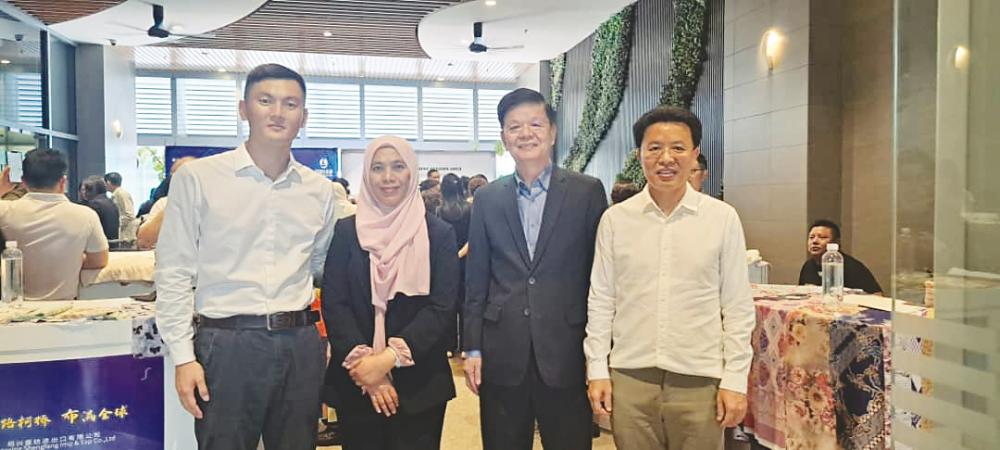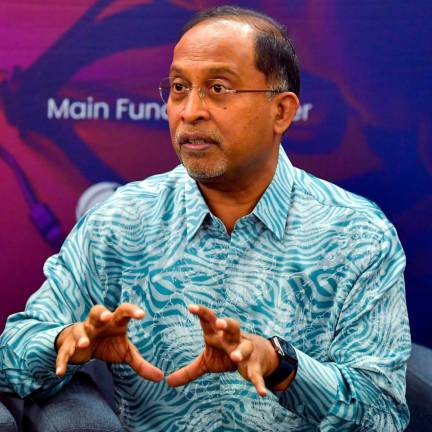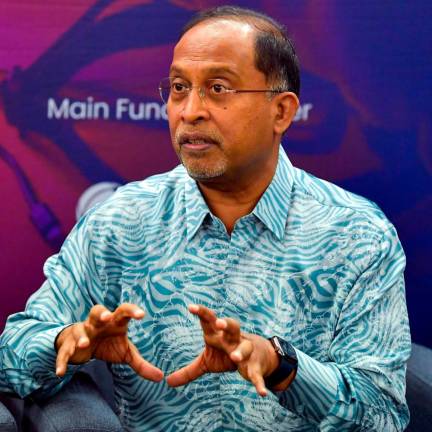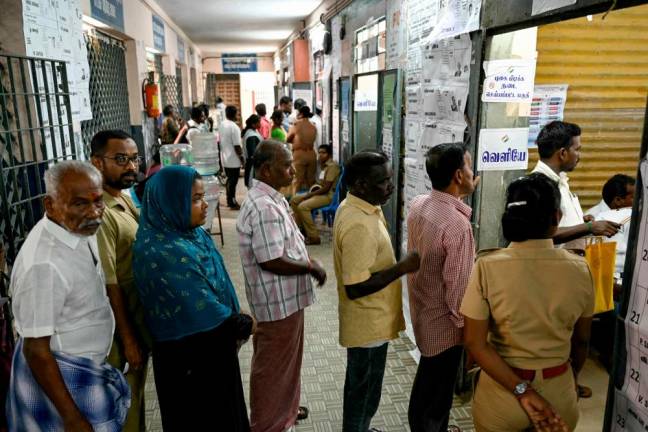KUALA LUMPUR: The Malaysian textile industry should collaborate with manufacturers from China to transform local textile production processes and systems through digitalisation and automation, in order to boost productivity and increase revenue, said Malaysian Textile Manufacturers Association (MTMA) chairman Datuk Seri Tan Thian Poh.
He said the textile industry in Malaysia has become “stagnant”, as it was “deemed to be a labour intensive industry”, pointing out that times have changed and the industry has moved towards automation, which indicates less dependence on labour.
“We need to transform, automate and to have the management skills ... that means the flow system, it’s the whole production process. We need to learn and I believe the best partners to learn this from is China because they have proven it,” he told reporters during a press conference at the China Textile City Overseas Mini Fair – a business-matching event – here today.
Tan said Malaysia should adopt a productivity-linked system such as practised in China, whereby manufacturers pay wages based on employees’ productivity and “the more you produce, the more you earn”.
He noted that there is a call to increase the minimum wage in the country, but the productivity level issue must be addressed because low productivity levels could be detrimental to competitiveness which is needed for the industry to thrive.
Tan opined that the main disadvantage for Malaysia is the availability of labour, not the cost of labour. He said foreign labour supply is only able to offer short- to medium-term solutions but it is not sustainable in the long run for local players to depend on the government for continuous supply of foreign workers.
“We have to rescale our local (textile businesses), make the job more lucrative not competitive. We (should) make our local (textile businesses) more productive so they can earn more wages and the business can thrive. So we need this transformation and automation,” he added.
The way forward, Tan said, is for Malaysia to focus on branding and retailing. With online retailing, Malaysian companies do not need to set up an overseas branch to conduct operations. Citing the success of Chinese online fast fashion retailer Shein, he said Malaysian textile players should move towards that direction and “try to emulate” the company.
In 2022, Tan said, Malaysia’s total imports of textile and apparel from China were valued at RM5.8 billion while Malaysia’s exports to China were RM1 billion.
On the mini fair, Shaoxing Keqiao Textile City Overseas Market Promotion Association secretary-general Jun Han said the business-matching event is expected to achieve US$5 million (RM22.96 million) in potential sales, based on similar editions held earlier in Vietnam and South Korea.
He said the association hopes to play a bigger role in the future and that the Chinese companies in attendance “want to see your factories”, which indicates their interest for manufacturing expansion in Malaysia.
Meanwhile, the Malaysia Investment Development Authority’s building technology and lifestyle division director Rozita Ibrahim disclosed that it is in final discussions with a Chinese textile company which intends to expand its factory in Malaysia.
“This year, we will receive quite a big investment from one existing company in Malaysia, they are going for expansion,” she shared.
Rozita said the authority is focused on investments involving the upstream aspect of the textile industry, as Malaysia is “lacking in upstream products, starting from fibres, yarn and textiles”, and aims to attract investments involving smart and technical textiles.
The business-matching event, which was organised by MTMA and the association, was aimed at bridging the gap in the supply chain of the textile and apparel industry in Malaysia. It was attended by more than 100 Malaysian buyers as well as 22 Chinese manufacturers.













